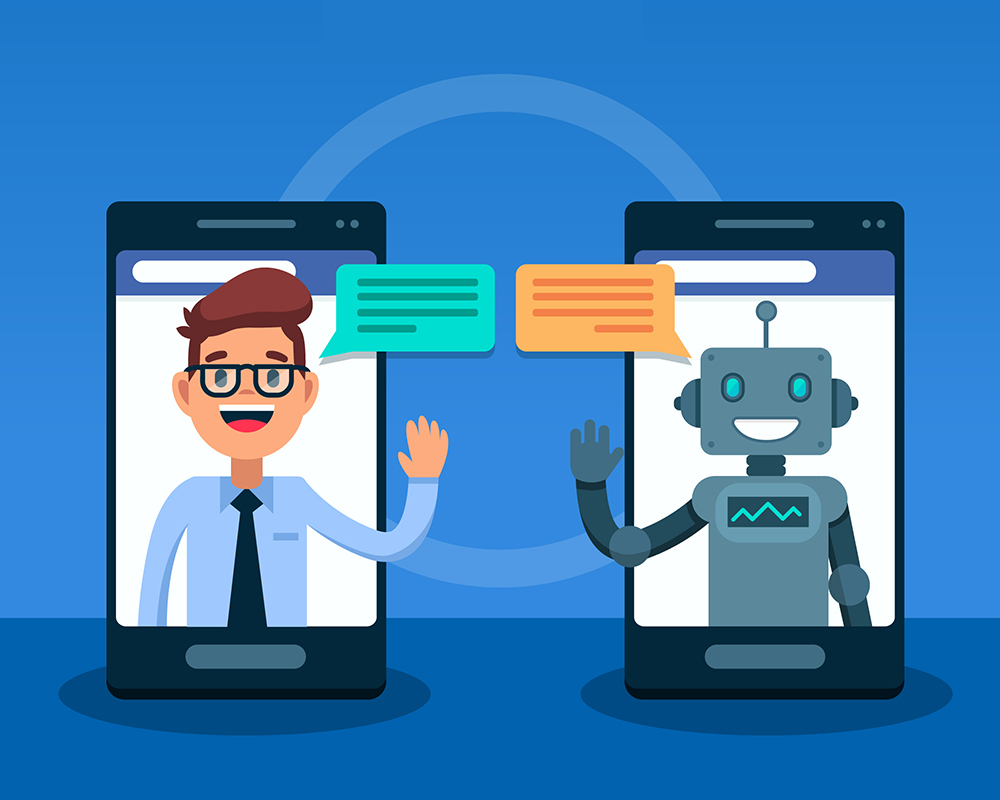


February 24, 2020 Praveen Kumar Operations , Business ,
A version of this Blog was first published on the The Economic Times
Primarily ignited by the e-Commerce boom - Customer Experience (CX) has become a buzzword off-late. Directly impacting the top line, customers are now interacting and engaging with E-com companies through websites or mobile apps. As a result of this impact, significant efforts are being put towards improving CX to reduce any unwanted friction and improve the customer journey through ease of navigation. Though improved User Experience (UX) has been the primary way to achieve this, Self-service Initiatives are now giving it another dimension.
Organisations, in the last few years, have been looking at another dimension to improve CX, which is mostly via Self-service Initiatives. Driven by the objective of Empowerment, Convenience and Engagement - both organizations and their customers are now more inclined towards a DIY approach. The benefits of this approach include cost savings for companies and perception of speed and correctness to the customers, which becomes a win-win for both.
A Chatbot hence, becomes one of the most perfect tools to this end, as it reduces friction and customers can engage with it without any barrier like language, accent, availability, etc.
As per Gartner’s Top 10 tech trends 2019, “4% of Gartner clients today say that they use chatbots in the workplace, but 40% intend to implement them in the near term.” Hence the impact of an AI-powered Chatbot for your business is not something to be taken lightly.
Chatbots are software applications that are enabled by voice or messaging and facilitate interaction between businesses and their customers. Using messenger, web forms, IVR, email or any other social channel - they can be easily integrated with IoT devices, AI or Analytics platforms to send or receive information as per need.
Though they have been around for a while, organisations have now moved from rudimentary scripted chatbots to Intent recognizers or even superior Intelligent Advisors. While there are no predefined rules for the adoption of Chatbots and the relative maturity stage of the business employing them, there does need to be, however, a “conversational platform strategy” before their adoption, which means having to build a roadmap. This pre-implementation planning helps in setting the right expectations for business owners and makes them more predisposed towards achieving the committed ROI.
The application of Chatbots are diverse, some of which include:
In order to start the journey, business leaders need to engage in defining a Conversational Platform Strategy, which leads to the identification of two important factors, namely:
Once the channels and processes have been identified, keeping in mind the future in terms of priorities and ROI, a conversational strategy can be formed. The technology team will then need to come into the picture for the identification of an appropriate Chatbot technology platform as per the organization’s tech adoption.
In an era of instant gratification, service speed through Chatbot engagement can be a real savior. This implies that one of the critical factors to keep in mind here is to stay cognizant of business objectives and not get carried away by so many technology options available today. Even more imperative for organizations to improvise their customer experience and generate good business results - using the right kind of Chatbot as a means to that end might just be the advantage that your organization needs.


Hello, I am Aria!
Would you like to know anything in particular? I am happy to assist you.